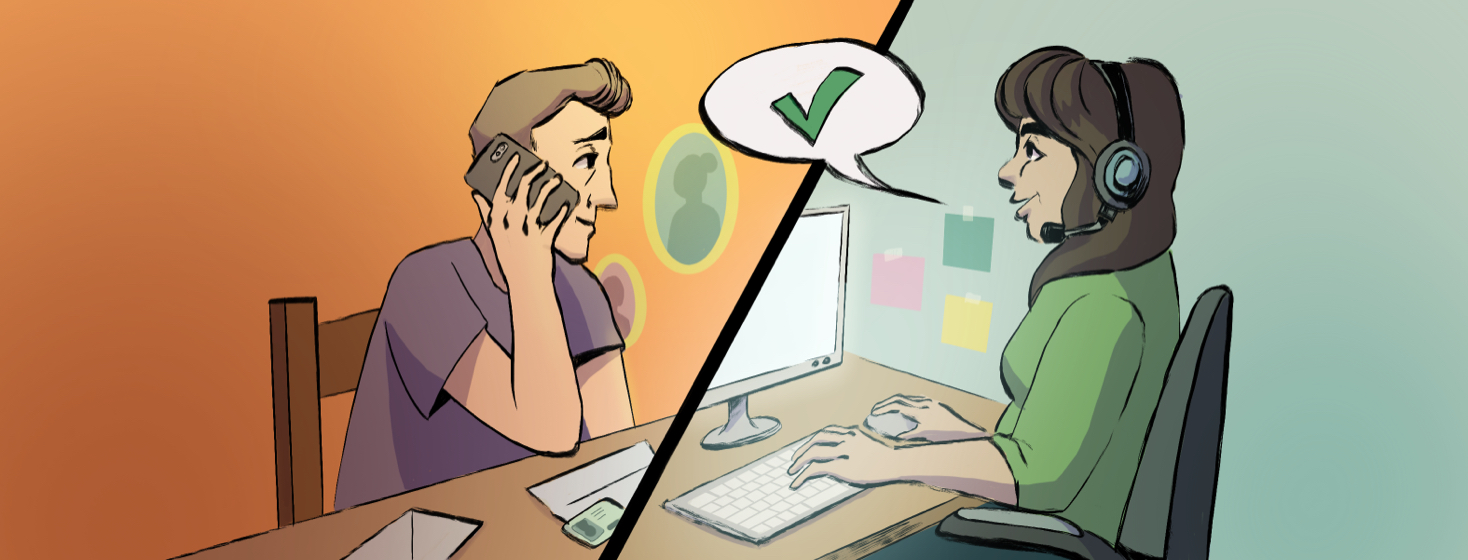Lessons Learned in Navigating Medical Debt
With any medical event, but especially when it's a chronic illness or rare disease, medical debt can easily build up.
Depending on where one lives, the cost of medical testing required to obtain a diagnosis and identify appropriate treatments to manage the illness can be financially devastating.
On top of trying to cope with and manage a chronic illness, the stress can amplify when medical debt occurs, and debt collectors are calling.
Growing up in a rare disease family
This was a familiar experience I had growing up. My mother and I share the same rare diseases, so our family had double the medical financial stress.
This stress began shortly after my birth and remained until my health stabilized when I was in my 20s. I remember, as a child and teen, listening to my mom frequently on the phone for hours with insurance, billing offices, and debt collectors for our medical bills.
There were often discrepancies between our insurance and the billing offices. My parents will pay a bill they owe, but they will not pay a bill they do not owe, even if that means they're sent to debt collectors. To this day, nearly 40 years later, my parents have never paid a medical bill they didn't actually owe.
Managing my own rare disease and medical expenses
Turning lessons to action
Those phone sessions provided me with some very valuable lessons about how to manage my rare disease and medical expenses. I've also used the tips I learned from my mother to resolve medical billing that I didn't owe.
There are multiple informational resources available online and with healthcare advocate services to aid with navigating medical expenses and medical debt collectors. The Consumer Financial Protection Bureau is a great place to start for learning your rights and responsibilities as a U.S. consumer.1
Tips for handling medical debt
These are the lessons I learned from my mother's conversations about our medical debt:
- Never ignore a bill, billing office, or debt collection agency.
- Keep Explanation of Benefits (EOB) from insurance and medical bills for at least 5 years.
- Always verify the medical bill matches the amount on the EOB before providing any payment.
- If the bill amount doesn't match the EOB amount, do not make any payment and contact the insurance company and medical billing office to advise them of the discrepancy. The insurance company will advocate on your behalf with the medical billing office.
- If the medical billing office doesn't correct the amount billed, continue communicating with the insurance company for assistance.
- If sent to medical debt collectors for a medical bill that is not accurate, write a letter to the debt collection agency disputing the bill amount and request an itemized statement showing that you owe the amount. You can also send a letter asking the debt collection agency to stop contacting you. However, this request does not mean you can ignore the bill entirely.
- Keep copies of any letters sent to a billing office or debt collection agency.
Dealing with debt collectors
If my parents were sent to debt collectors and they did owe the bill, they never paid the amount owed to the debt collector but instead paid it directly to the medical billing office. My parents told me that every time they requested an itemized statement from a debt collector showing the amount they owed, they never received any documents from the debt collector.
If needed, when dealing with a debt collector, you may be able to request a third-party arbitrator to assist with settling a dispute, or you could hire an attorney for further assistance.
Credit counselors from non-profit agencies may also be able to help when you are experiencing financial difficulties due to mounting debt.
Know your rights
Under U.S. federal law and agencies, consumers have rights under the Fair Debt Collection Practices Act and the Consumer Financial Protection Bureau. Exploring the protections and responsibilities provided by these resources can be instrumental in successfully navigating debt.2,3

Join the conversation